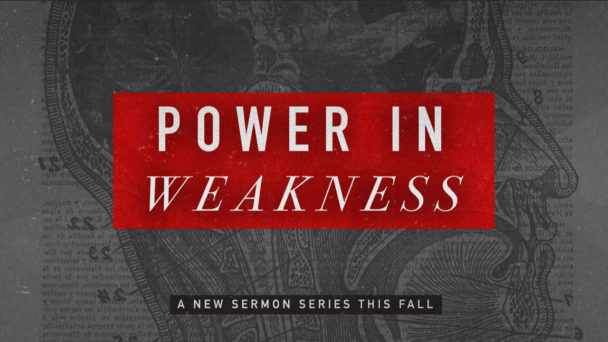
Summary
In 1 Corinthians 1, Paul sums up God’s purposes in salvation like this: “so that no human being might boast in the presence of God.” I suggest that these are some of the most profound words in Scripture. This idea that God would ordain every part of our salvation—from beginning to end—to destroy human pride and self-boasting. It is helpful to consider the things that God ordains for our lives—both the joys and sufferings, highs and lows—in this light: how is this working to rid me of pride before God.
But there is a positive focus to go with this negative focus. We ought not boast in ourselves, but there is a kind of boasting that we ought to do. In the same chapter, Paul quickly adds, “Let the one who boasts, boast in the Lord.” God’s purposes are to rid us of self-boasting and fill us with Christ-boasting. In the words of the Westminster Shorter Catechism, “Man’s chief end is to glorify God, and to enjoy him forever.” To boast in Christ is to enjoy Christ is to glorify Christ. It is to find Christ to be better, more satisfying, more worthy of our devotion than anything else.
In 2 Corinthians 12, we get a personal example of God working towards these ends in Paul’s life. God is working to “keep (Paul) from becoming conceited.” And we learn that God’s means of accomplishing this purpose involves Paul’s suffering and weakness. God wants Paul to be strong, but he wants him to be strong through the grace that is in Christ. In realizing this, Paul learns to be “content with weaknesses, insults, hardships, persecutions, and calamities. For when I am weak, then I am strong” (12:10).
Bible References
- 2 Corinthians 12:7 - 10